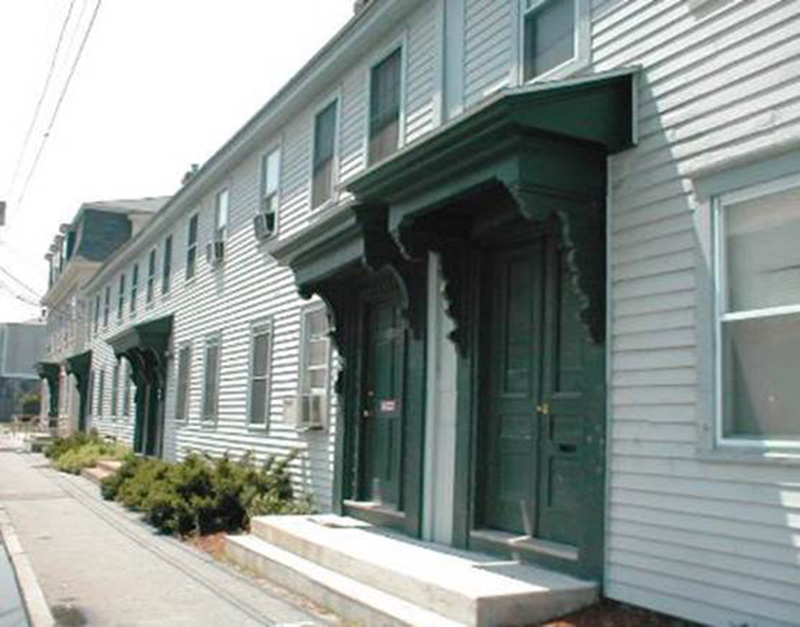Rockland Trust provides $7.8m loan to The Caleb Group

Lowell, MA Rockland Trust has provided a $7.855 million loan to The Caleb Group to rehabilitate and preserve their affordable housing developments, Chestnut Square and Sirk Building.
The Chestnut Square Apartments are located in the Lower Belvidere neighborhood and involve fourteen buildings, eleven of which are historic multifamily structures.
The Sirk Building, on the National Register of Historic Places, was built in 1841 as housing for young women who worked in the mills during the Industrial Revolution. Currently, this historic building has 48 units of affordable housing apartments. These revitalizations will continue to provide affordable housing for individuals and families in the area.
“The Caleb Group is grateful to partner with Rockland Trust to preserve and improve the 88 units of affordable housing in Lowell for years to come,” said Debbie Nutter, president, CEO and co-founder of The Caleb Group. “The substantial physical updates including the creation of a new two-bedroom unit at Chestnut Square as well as energy efficiency upgrades at both properties will improve the homes of 160 people within our community.”
The Chestnut Square Apartments and Sirk Building are walking distance to the Commuter Rail and MBTA bus lines. These developments are two of five affordable housing communities that The Caleb Group owns and manages in Massachusetts. The Caleb Group operates and provides resident service coordination in 2,233 apartments or townhouses and touches the lives of 4,834 residents in New England.
“Rockland Trust is honored to support The Caleb Group with this project,” said Heidi Yates, Vice President at Rockland Trust. “This transaction reflects the Bank’s commitment to our local communities, not only by providing the funding to develop safe and accessible affordable housing, but also by supporting The Caleb Group’s mission of delivering valuable programming and resources to the residents they serve. We truly believe in their vision, and are grateful to play a part in their success.”
Preservation of Affordable Housing secures $23.5 million in financing from Rockland Trust and Citizens Bank

Examples of investors who used Kay Properties for legacy and estate planning purposes for rental property/portfolios - by Dwight Kay










